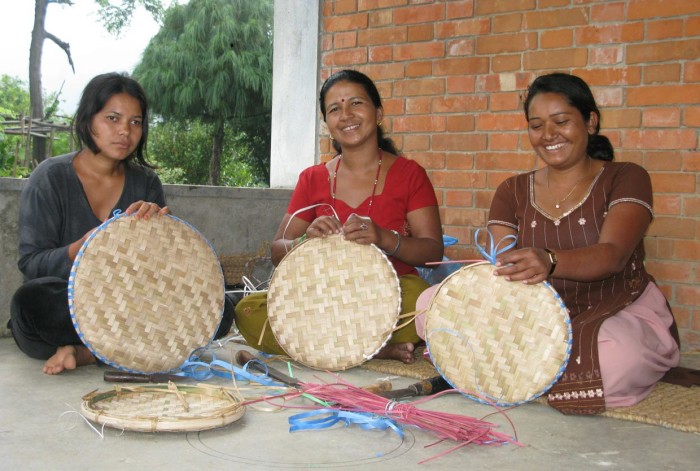 By Rose Mukhar, JD, Justice At Last
By Rose Mukhar, JD, Justice At Last
Imagine that you are an 11-year-old girl being sex trafficked by your parents. Or, that you are a 15-year-old boy trading sex for food and a place to stay. Or instead, that you are a 17-year-old girl willingly in “the life” to show loyalty to your gang. Now think about what would happen if one or all your exploiters were arrested on human trafficking charges? Would you be willing to testify in a court of law against your parents? Against your provider of food and shelter? Against your fellow gang members? Could you testify against any of them?
I have heard repeatedly from law enforcement or the prosecuting attorney in my cases or read in the news that “…without the victim’s testimony, the human trafficking charges against the perpetrator won’t stand.” In other words, without my client coming forward and testifying against his or her exploiter in court, there will be no human trafficking conviction against the defendant. The fact that my client’s testimony is the pivotal evidence, and that his or her testimony is often the determining factor for a case going forward to trial is troubling to me. Especially, given that all the human trafficking survivor clients I have represented have been threatened with serious bodily harm to themselves and/or to their loved ones if they were to disclose what truly happened to them.
Why, then, does the justice system rely primarily on the testimony of these crime victims without factoring in the age or capacity or willingness to testify? Why does the justice system require that the victim testify in a courtroom where jurors will hear about how he or she was exploited, brutalized, humiliated and dehumanized? And, when a crime victim of human trafficking agrees to testify, is the justice system able to protect and prevent him or her from being re-victimized?
About the author: Rose Mukhar is a social justice and human rights attorney with experience in cases involving children, women, refugees, and survivors of domestic violence, torture, and human trafficking. Rose recently founded Justice At Last, a non-profit law firm dedicated to empowering trafficked survivors by providing critical pro-bono legal services in the San Francisco Bay Area.
This blog post was originally part of our 2016 JuST Conference Speaker Blog Series.







